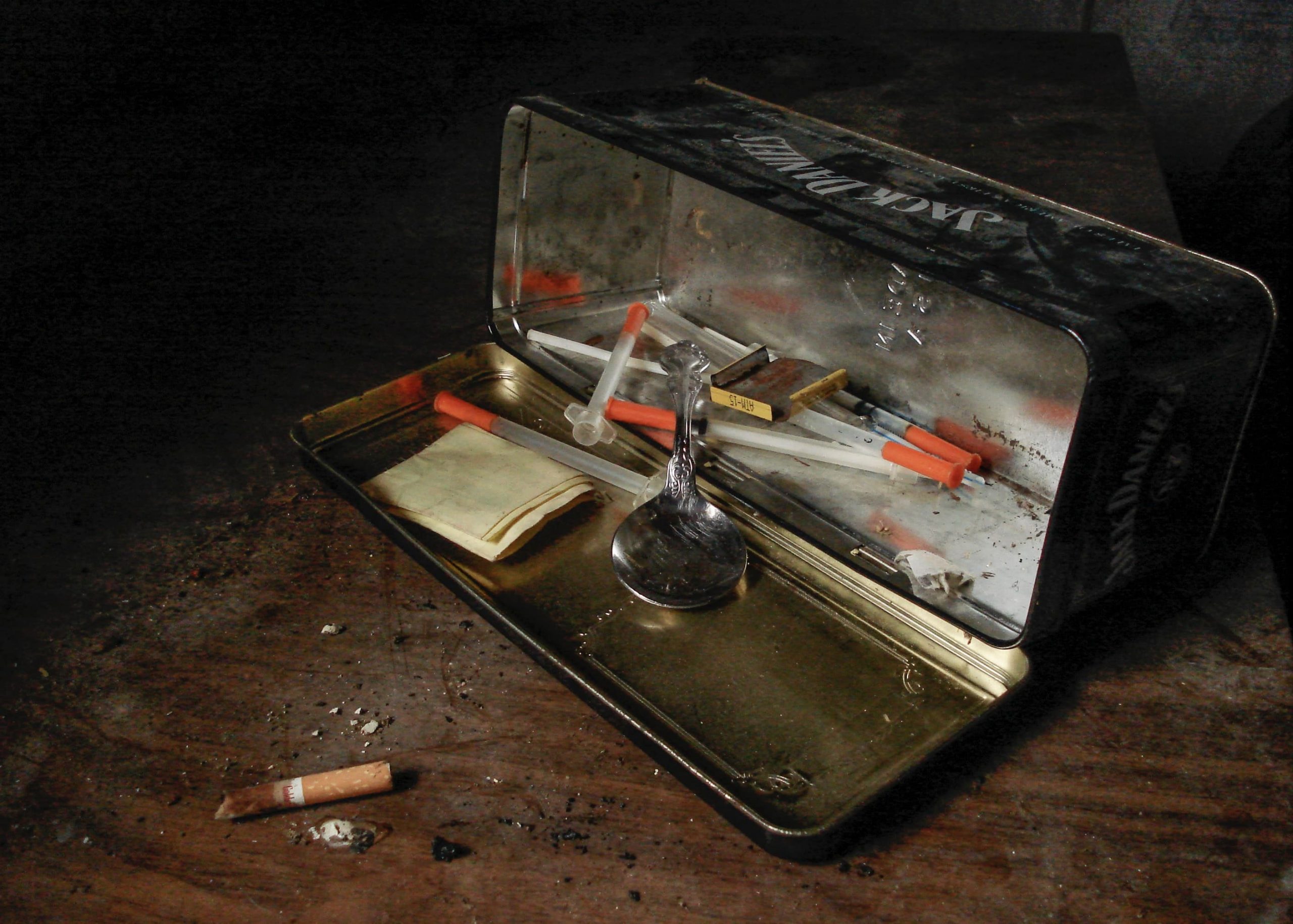Often, when adults discuss underdeveloped teenage brains, it’s usually in reference to troubled teen behavior or how teens will engage in poor decision-making. But there can be positives to the fact that teenagers’ brains are still developing.
Developing Brains Mean Teens Are More Open To Change
The area of the brain that is associated with decision-making skills—the prefrontal cortex—is the last part of the brain to develop fully. This slower development is often why teens and young adults will make more emotionally-driven choices. However, that is not necessarily a bad thing.
Passion and slightly reckless courage can be a huge driver for change. Activism is often a pursuit of the young, whether they are advocating for environmental, social, or global changes because teens and young adults have the emotional availability to encourage that sort of engagement.
Risk-Taking Behavior In Teens Can Be A Good Thing
When parents think about the risk-taking behaviors of their teens, it’s not usually with any amount of positivity. Except that risk-taking wiring in teens can be put to good use.
Consider some of the things teens need to do—find and interview for a first job, ask others on dates for the first time, learn to drive, apply for college, and potentially move states away from their families. Many adults can’t imagine doing all these risky things, yet teens need to do all these things within a 2-3 year time span and their risk-driven brains reward them for making progress.
As their parents, you can help encourage them to take these positive risks. It can be scary for teens, even with their risk-taking encouraged by their brains. So, your support can be invaluable in helping your teen harness their opportunities.
Ways Parents Can Help Their Teens’ Brains Develop Positively
Parents can help their teens harness their developing brains’ flexibility and channel it positively by taking a few simple steps.
Encourage passion projects
Many parents feel like they have to be the “voice of reason” when their teen expresses interest in difficult passion projects, such as performing as a musician or writing books.
While there is a high bar for achievement in many creative fields, it is far better to encourage your teen to follow their passions while helping them think through how to achieve their goals. That way, you can remain supportive and help provide the critical reasoning ability your teen may still lack.
Help create structure and follow-through
Most teenagers struggle with impulsivity, as their risk-driven brains egg them on. If teens don’t learn how to harness their impulses, they may struggle with unfinished projects and general follow-through.
Parents can help by providing their teens with structure and perspective. So, say your teen wants to become a guitarist on their quest to be a famous musician. As the parent, you can help them plan out how your teen can get lessons, assist them in finding time and space to practice, and encourage them to stick to their structure to achieve their goals.
Assist with emotional regulation
Teens can become overpowered by their emotions and go through emotional meltdowns. To help your teenager learn to manage their emotional state more effectively, talk to them once your teen has calmed down.
That way, you can help walk your teen through what triggered the emotions and work with them to moderate their emotional reactions in the future.
Some teens may require a more structured environment and therapeutic help than you are able to provide with your local resources. For these troubled teens, a therapeutic boarding school can help these teens develop the tools they need.
By helping your teen harness their developing brain with healthy practices, you can set your teen up for a far more positive and successful future.











0 Comments